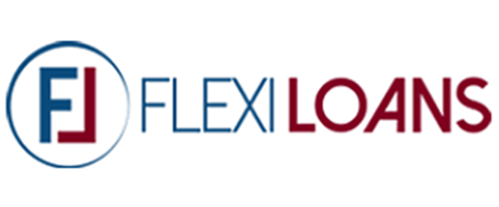Introduction:
Accounting software hosted on a secure distant server is used in cloud accounting. Small business teams can store and access accounting systems, reports, and financial information from company computers and any location with an internet connection.
A solution that offers secure online or remote server storage and multi-user access is called cloud accounting. All the data your users transmit to cloud providers is processed, securely stored, and then returned. Cloud computing enables business processes to be optimized and customized for the expansion of an organization.
Benefits of Cloud Based Accounting
1. Access your finances from anywhere at any time.
Your financial data is always accessible from any location with cloud-based applications. Because the cloud is hosted remotely, you don’t have to worry about wasting time on the downloads and updates that come with normal software. For added convenience, a software supplier may even give a mobile app that lets you access your numbers on the go. With the help of this technology, you may access your accounts and monitor your cash flow without having to sit in your office.
2. Use automation to save time.
The majority of cloud-based accounting software allows you to save time by automating your routine. For instance, you can input the details of your vendor and create a workflow that will pay them automatically on the same due date each month. Sending invoices to your recurring clients can also be automated.
3. Boost your accounting’s accuracy.
Cloud-based accounting systems have reduced accounting errors by allowing all necessary financial data to be entered in one place. By recording spending and income regularly and organising transactions, you can access an accurate report at any time.
Difference between cloud based accounting and traditional software:
| Traditional Accounting | Cloud Based Accounting | |
| Cost | Fixed-rate upfront costs for service bundles Each user must purchase a licence. Investing in hardware, storage, and continuing upkeep is necessary. | Economical because you simply pay for the services you consume No hardware or maintenance resources need to be purchased. Able to expand rapidly without requiring a substantial initial financial outlay |
| Flexibility | Restricted scalability and functionality flexibility Regardless of the services you want to utilise, you must purchase the full service bundle. To add users, new hardware and licenses must be purchased. | Incredibly adaptable and scalable Sign up for services that you require. As your company expands and your accounting requirements change, update your plan. |
| Data Security | Depends on passwords to protect data Makes you susceptible to online threats | Financial and software data stored in safe, faraway data centers Depends on real-time updates and encryption |
| Integration | Work better independently Compatible only with a limited number of business tools | Seamlessly integration with common business tools for process automation |
Conclusion
Cloud accounting solutions can make your business more efficient and organized by providing flexibility. For example, with cloud-based accounting, your staff can bill clients while travelling, allowing them to invoice and receive payment more quickly. As your company grows, implementing a comprehensive system platform like FreshBooks can help you increase productivity and streamline business procedures.

